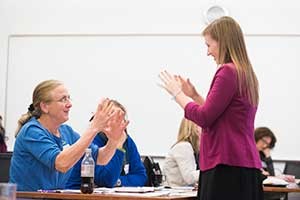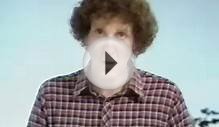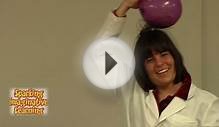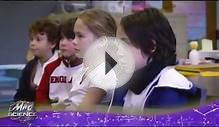

AAAS has offered more than 70 workshops for 3, 000 scientists and engineers since the program launched in 2008. | Credit: University of Maryland
AAAS Communicating Science workshops, developed by the Center for Public Engagement with Science and Technology, are specifically designed to address the needs of scientists and engineers to communicate scientific or technical information in a variety of public and professional interactions, such as media interviews, writing grant proposals, discussing ideas with students, testifying before Congress, or participating in public forums.
Workshop goals include building scientists’ communication skill and confidence in engaging with public audiences and providing best practices for use of different communication methods and mechanisms. The program uses empirical evidence from research in science communication and public engagement with science, and maintains an evaluation program that confirms workshops are meeting defined goals. [Results of recent evaluation surveys.]
Formats
Through discussion, self-reflection, small group work, and practice sessions, workshops focus on the importance of effective communication that clearly conveys scientific concepts. We encourage workshop participants to think about how content applies to their own work and future communication opportunities.
We customize each workshop to suit the needs of the participants, such as number of participants, allotted time, target audiences, scientific topics, and communication methods. We conduct workshops for groups as small as 10 people and as large as 100. Workshops may run from 3 hours to a full day (6 hours) to multiple days.
Our most popular workshop is 3 hours and covers the basics of science communication and public presentations. It is intended for 30-50 people. Costs for this workshop start at $2, 500, plus travel for the facilitator.
Content
Most requested communication topics include:
- Why scientist involvement in public communication of scientific research is valuable, and options for participation
- Establishing goals for communication and public engagement
- Overview of public audiences
- Developing and practicing targeted messages about your research for public audiences
- Handling interaction with media and public audiences, including mock interviews and soliciting and answering questions
- Practice on video and peer critique
- Using presentation slides and other visuals to communicate effectively
- Using social media and creating an effective online presence
- Resources for communicating more broadly
Contact Us
YOU MIGHT ALSO LIKE












